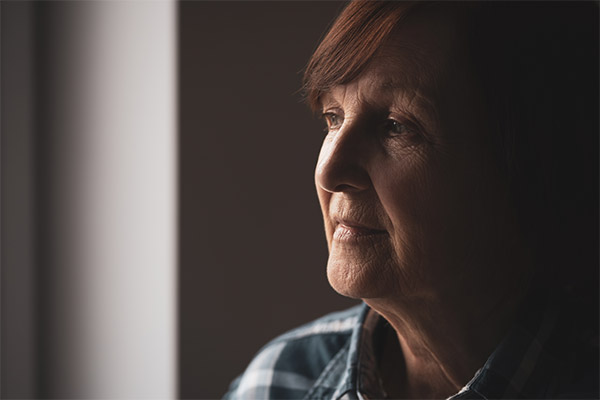People with dementia often find it difficult to express that they are in pain. This can be avoided by searching for non-verbal signs of pain and giving adequate treatment.
People with dementia may feel physical pain for the same reasons as every other person.
Because of their weakened brain function and abilities, they may be less able to show that they are in pain.
This can result in under-treatment of their pain, and reduced quality of life.
Such a situation is avoidable, however, by looking out for non-verbal signs of pain and providing adequate treatment.
What are the non-verbal signs of pain?
In dementia, a lot of people will lose the ability to verbally describe that they are in pain. We can still observe non-verbal signs. In fact, non-verbal signs can help assess pain in all stages of dementia. These signs can be pain-related but sometimes might just describe a change from normal behavior.
They can include:
- unusual facial expression
- gestures that show distress
- defending a special body part
- reluctance to move a body part
- moaning with movement
- slow movement
- increased heart rate, blood pressure, or sweating
- restlessness
- crying or distress
- increased or decreased vocalizations
- unusual social behavior
- lethargy
- increased sleep
- restless sleep
- decreased appetite
- increased confusion
- anger, aggression, irritability, or agitation
Of course, some of these symptoms can be a result of other problems, but the pain should always be examined as a treatable cause. It is also necessary to remember that some people will show little or no specific behavior connected with their pain.
What are the consequences of untreated pain?
If pain in a person with dementia goes untreated, there is a danger for that person to get inappropriate treatments for their changed behavior. For example, if a person becomes distressed because of pain, they may be considered to be depressed and prescribed antidepressants.
Persistent pain can lead to decreased mobility. This may not only stop daily activities but also increases the risk of falls and more injuries.
Can pain be prevented?
Caregivers should be practicing sensible precautions to avoid situations that cause pain such as infections and fractures when caring for someone with dementia. Proper use of medication may be needed to control persistent pain in someone with a chronic condition.
